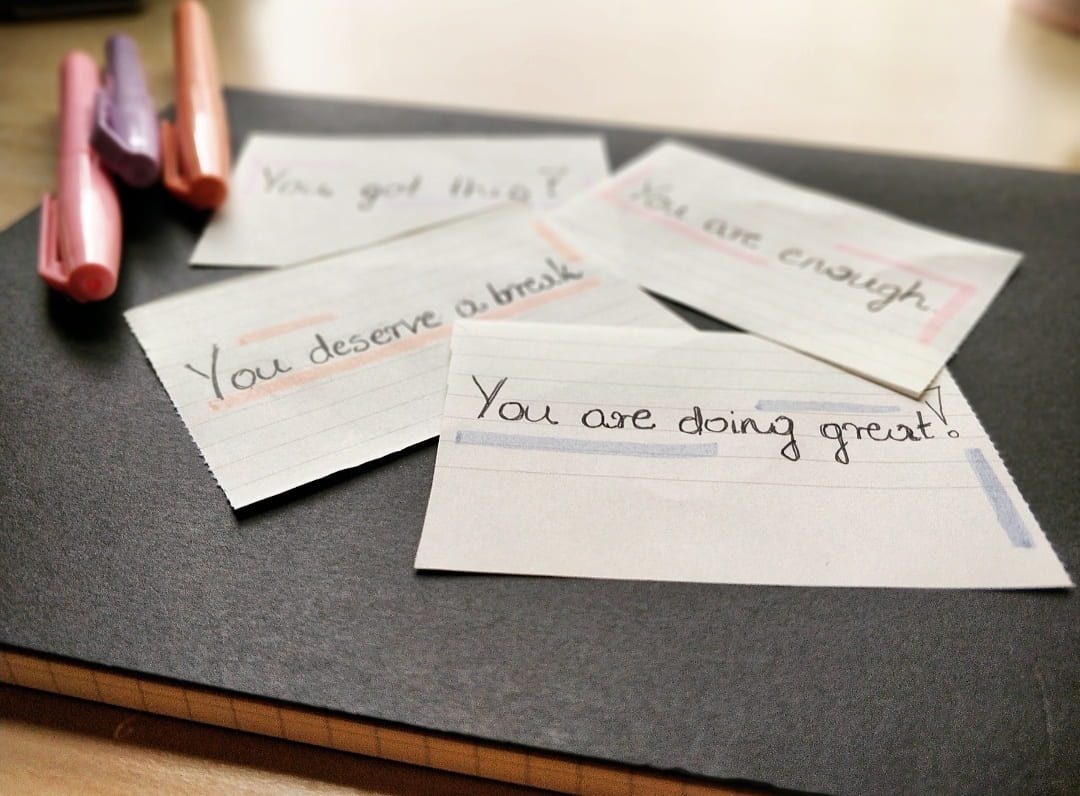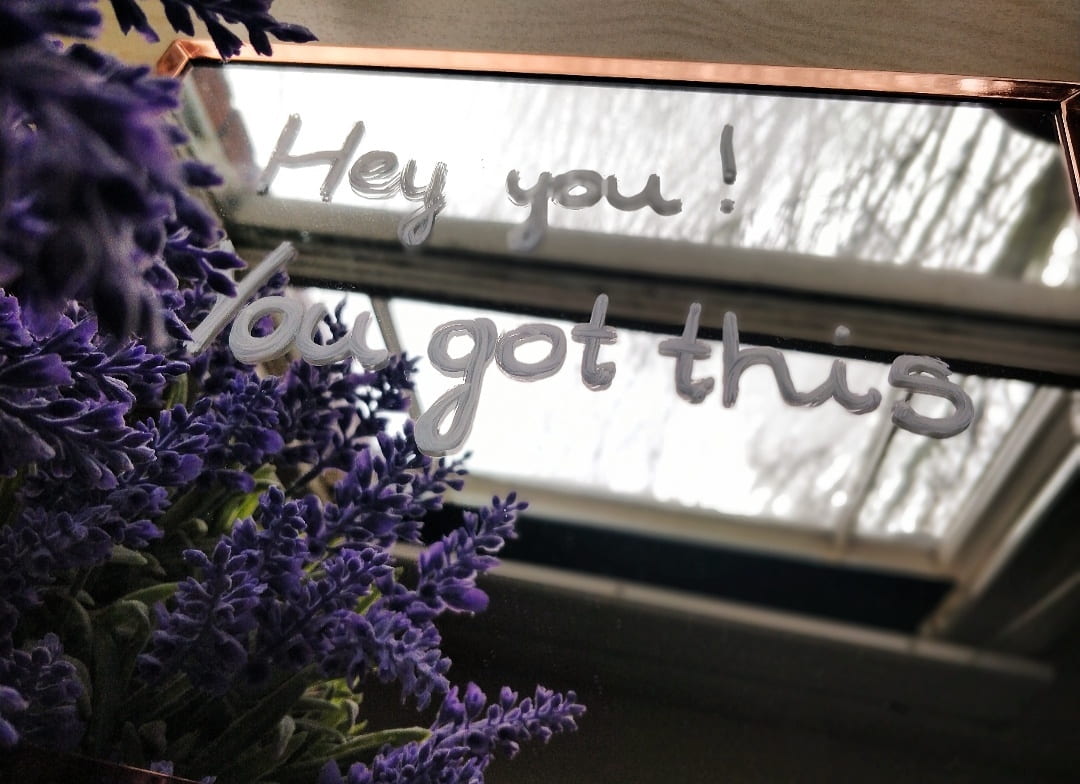Hi! I'm Zuzanna, an unapologetic feminist doing her MA degree in Gender Studies, and a member of Feminist Society here at UoL. I love forcing people to taste my Polish cuisine endeavours - love it, even more, when they actually…


Being your own critic can help you on many occasions. It can motivate you to further work or constrain you from poor decision-making. However, when unsupervised, this inner critic weighs us down with self-doubt and overall negativity, that makes us dislike what we see in the mirror. On average, our minds produce 6,200 thoughts daily, and most of them tend to be invalidating and harmful to our self-esteem. In such a storm of negativity, criticising our every step comes easier than maintaining the sense of self-kindness.
I am continuously picking a battle with my inner bully, knowing that no one’s kind words will feel so validating as my own. Here are three simple steps that helped me rebuild my sense of self-kindness, and hopefully, they will do the same for you.
Power of a written word
Our connection to the written word got lost somewhere between Twitter and Messenger. It is worth remembering that it takes thoughtfulness and even bravery to expose your mind on a paper. Grab a notebook or a post-it and write things that your best friend would likely to hear from you. ‘You are valuable’, ‘you got this’, or ‘you did the best you could today’.
You can even splash it across the mirrors (you can buy glass markers on Amazon!) or display notes across your room. Every time you are brushing your teeth or sitting at your desk, you can see those self-love letters reminding you to be kind to yourself – today, and every other day.

Keep on track with your achievements
Making all sorts of lists helps many maintain their productivity and healthy routines. This next method, called ‘self-esteem journal’ does the same by helping you keep on track with your daily achievements. And those do not have to be grand; it can be as simple as helping out your housemate, going for a walk, or just doing something that simply makes you feel good. It helped me to realise how many things I ignore during my day that actually deserve my self-appreciation and a little pad on a shoulder. (You can find a spreadsheet for such journal here).
Aim for excellence, not perfection
That is something I have been advised with during my counselling sessions. For most of my life, I was striving to be perfect in everything I do and getting angry with myself, when I failed. It took me a while to ask for professional advice on something I knew all along – being perfect should never be your goal because it is impossible to achieve. Instead, you should aim for excellence, meaning that you can only do the best that you can, and that is enough. When you implement that into your daily life, you can almost feel the weight getting off your chest, making self-kindness so much easier to maintain.
All those steps cost you nothing but your time to really sink into the feeling of self-kindness. Even if the only thing you did today was rolling out of bed – you deserve the love that only you can give to yourself.
For more self-help guides, visit here.
- Topics
- Advice
- Motivation
- Self-care
- Self-love




